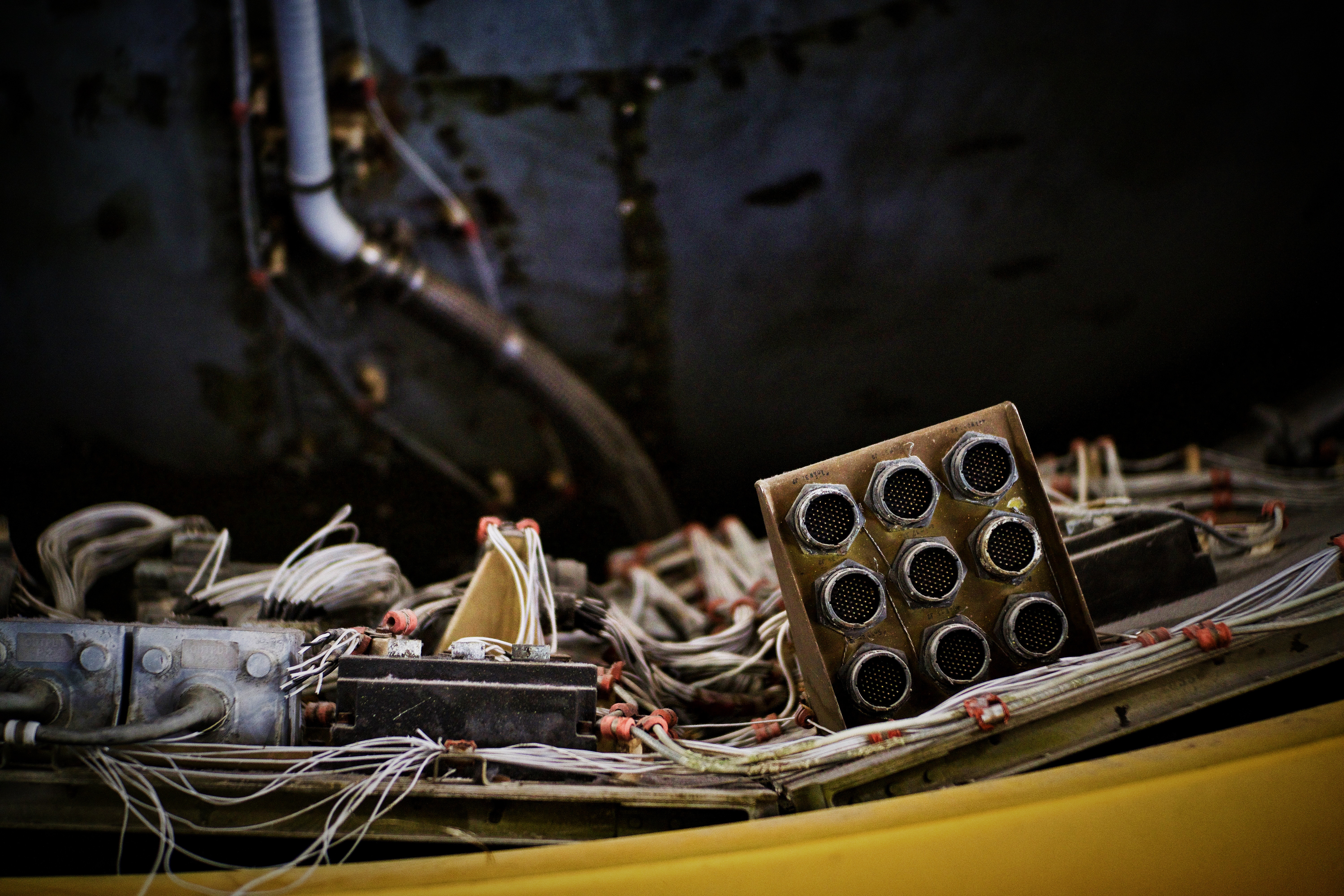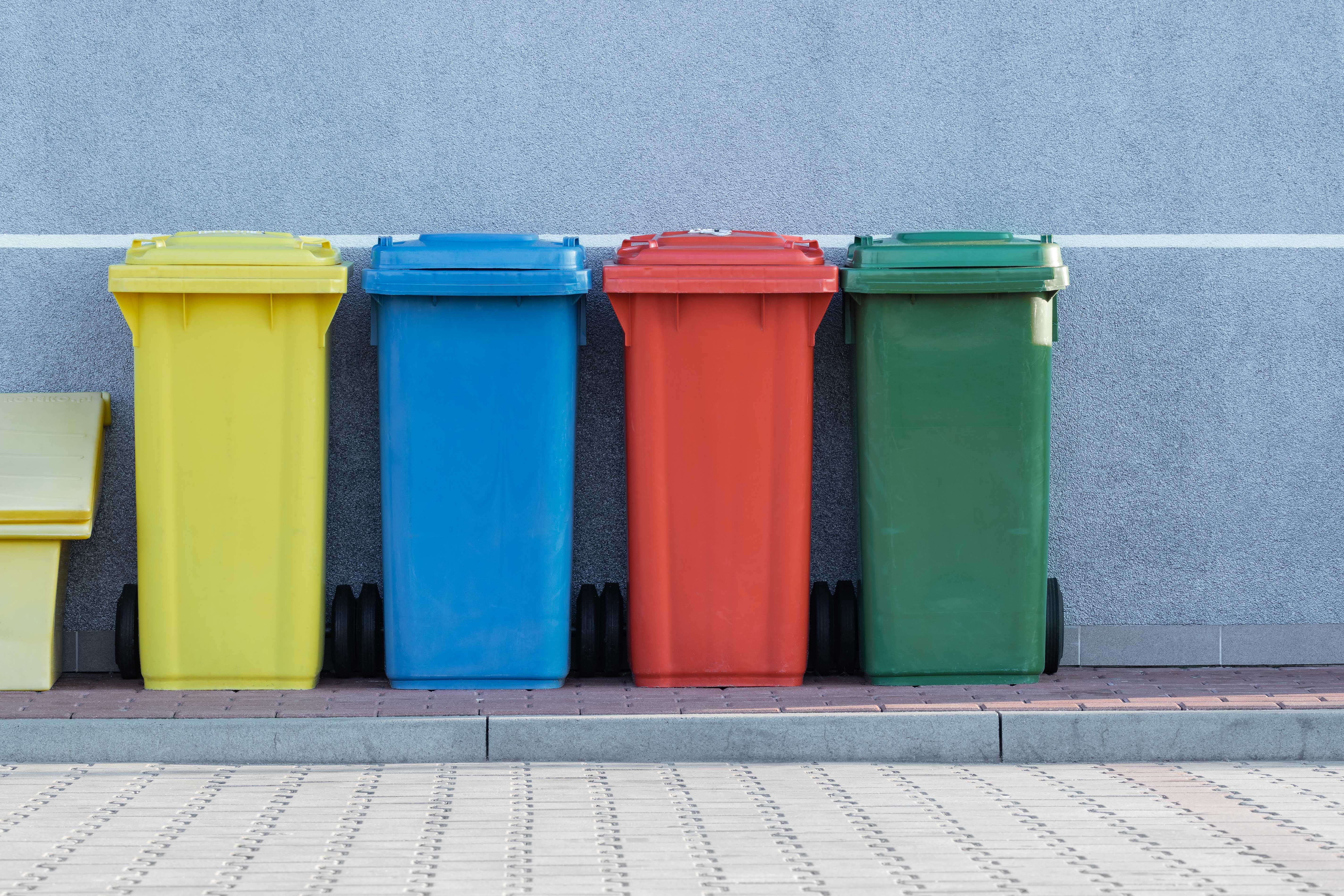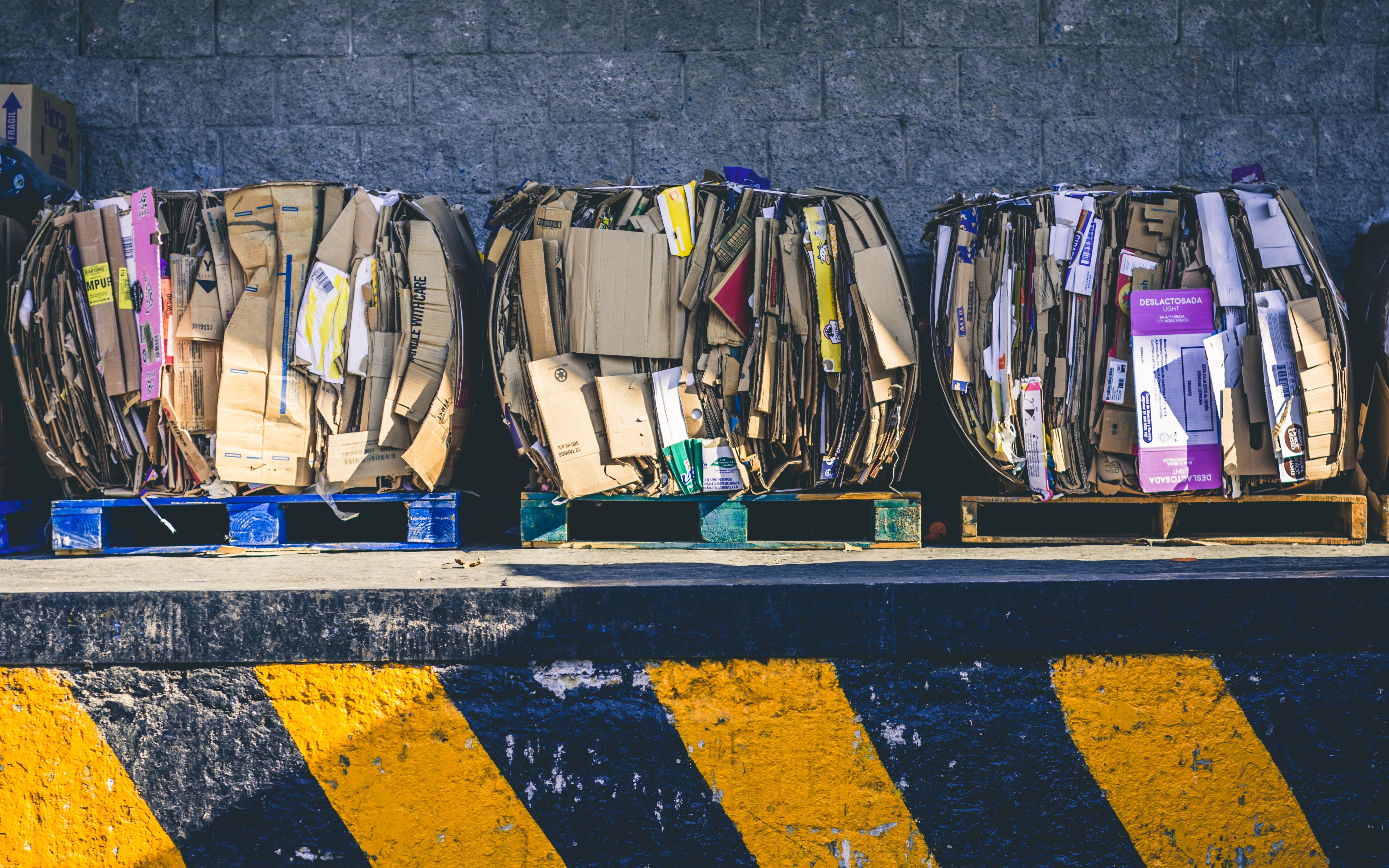MOVECO - Extended Producer Responsibility as driver of eco-innovation activity
02-11-2018
This is the second article of MOVECO's blog series to give you more insights to the concept of the circular economy. Enjoy reading and to find out more, please visit our platform www.danube-goes-circular.eu and become a member!
Although, there is no doubt that existing EU legislation has enforced an increase in collection and recycling rates of common, predominantly consumer induced waste streams (packaging waste, electrical and electronic equipment, batteries and accumulators), the recent studies show that Extended Producer Responsibility (EPR) fails to meet the expectations and does not provide incentives to support better product design for better resource management in line with the Circular Economy legislative package.

Whereas the European Waste legislation provides a global framework for the implementation of EPR in Europe, responsibility for their implementation and taking appropriate measures lies with the Member States.
Thus, the EPR schemes are implemented in very heterogeneous ways across Europe. According to the results of the analysis of existing EPR schemes in the Danube region countries, the systems seem to be less complicated and more straightforward for electrical and electronic equipment, while the approach to packaging EPR systems is more diversified. Eco-design for electronic and electrical equipment is supported by the eco-design directive, which enforces some technical eco-design measures and requirements through its implementation acts. The Waste Electronic and Electrical Equipment (WEEE) directive and the Restriction of Hazardous Substances (RoHS) directive have been reviewed and updated recently, enforcing more unified approaches, which ensure greater consistency and predictability of how the systems work in each member state.
The packaging directive on the other hand is quite old (1994) and seems not to have kept up with the evolving packaging market and rapid development of new materials and packaging solutions. It also did not contain the explisit requirement to establish EPR for packaging and packaging waste. This has been changed by the begorementioned amending directives, where EPR will have to be implemented for packaging by 2023, in countries where they are not preexisiting.
The results of the study Development of Guidance on Extended Producer Responsibility (EPR) indicate that[1]:
- The post-consumption cost does not adequately take into account the environmental costs of the waste treatment
- Costs are passed on to consumers, reducing the incentive for producers to invest in eco-design
- Producers often exert this responsibility collectively, through Producer Responsibility Organizations (PROs) so that benefits gained from producers who improve their products are distributed to all producers who belong to the same PRO.

Extended Producer Responsiblity schemes as tools for eco-design and better waste management?
On the other hand, the new legislation strengthens the "waste hierarchy" (it requires Member States to take specific measures to prioritize prevention, re-use and recycling above landfilling and incineration[2]). EPR schemes are considered as an appropriate tool to encourage eco-design and better waste management for a wide range of products.
A report prepared by the Institute for European Environmental Policy, published in the beginning of November 2017 on EPR in the EU Plastics Strategy and the Circular Economy states highlights the unexploited potential of EPR schemes to induce better design for the environment and strengthen financial incentives for eco-design. Some existing design features prevent more efficient recycling due to additives and components, which have no additional value for the consumers and could be removed with better information on product design features inhibiting better recycling.
At the same time, direct action with regard to product design, facilitating reuse of products or easy dismantling, reuse or remanufacturing of product component are in the hands of producers.
As it is expected that the number of EPR schemes will grow in the future, requirements on companies to consider environmental aspects of products will be increased, too.
Facilitating innovations in the field of circular economy (i.e. design for durable products, easy dismantling, higher recyclability) requires joint efforts and cross-sectoral cooperation. Provision of adequate support, whether it is up-to-date and reliable information, access to training, consultancy or practical workshops, opportunities to create collaborative partnership across the value-chain or cross-sectoral partnerships or access to funding are key to enhancing transition towards more circular economy.

About the circular economy
The platform www.danube-goes-circular.eu, created within the MOVECO project, will offer a series of articles on topics related to circular economy, presenting examples of good practices from around the Danube region.
In addition, the platform also serves as a marketplace linking demand and supply of waste and reusable materials and products. In order to support innovation in the field of circular economy, it also offers the opportunity to establish collaboration with R&D institutions or innovative companies from the region.
Further information on circular economy in general, as well as specific information on principles of circular economy, legislation, schools of thoughts, new material pathways, circular business models, as well as business skills of funding can be found in the section „Circular Toolbox“.
And last, but not least, the platform is an easy way to get in touch with the MOVECO project partner organizations from 10 Danube region countries who are supporting new business models and research – business cooperation along value chains, with new services and tools for eco-design and eco-innovation.
About MOVECO
"Your trash is my treasure" - This is the motto of the EU co-funded project MOVECO. Sixteen partners from ten Danube countries promote transnational cooperation to accelerate the transition to the circular economy.
For more information on the MOVECO project, we invite you to visit our website, our platform (www.danube-goes-circular.eu) and follow us on social media.
If you want to share your thoughts about circular economy or if you are interested in receiving the MOVECO newsletter twice a year, please let us know and send an email to moveco@bayfor.org.
Picture credits and footnotes:
Hafidh Satyanto ID 1003693 www.unsplash.com
Pawel Czerwinski ID 759725 www.unsplash.com
Alfonso Navarro ID 693886 www.unsplash.com
[1] Development of Guidance on Extended Producer Responsibility (EPR), Final Report, European Commission – DG Environment 2014, https://www2.deloitte.com/content/dam/Deloitte/fr/Documents/sustainability-services/deloitte_sustainability-les-filieres-a-responsabilite-elargie-du-producteur-en-europe_dec-15.pdf
[2] Article 10 of Directive 2018/851 expands the stipulations referring to recovery in comparison to the 2008 WFD. Re-use and recycling stipulated in Article 11 of the 2008 WFD expands the initial demands, requiring Member states to rake appropriate measures to promote re-use of products and preparing for reuse activities.. and high quality recycling, defining municipal waste preparing for reuse and recycling targets and deadlines for these target groups to a minimum of:
- 55 % by weight by 2025
- 60% by weight by 2030
- 65% by weight by 2035.
